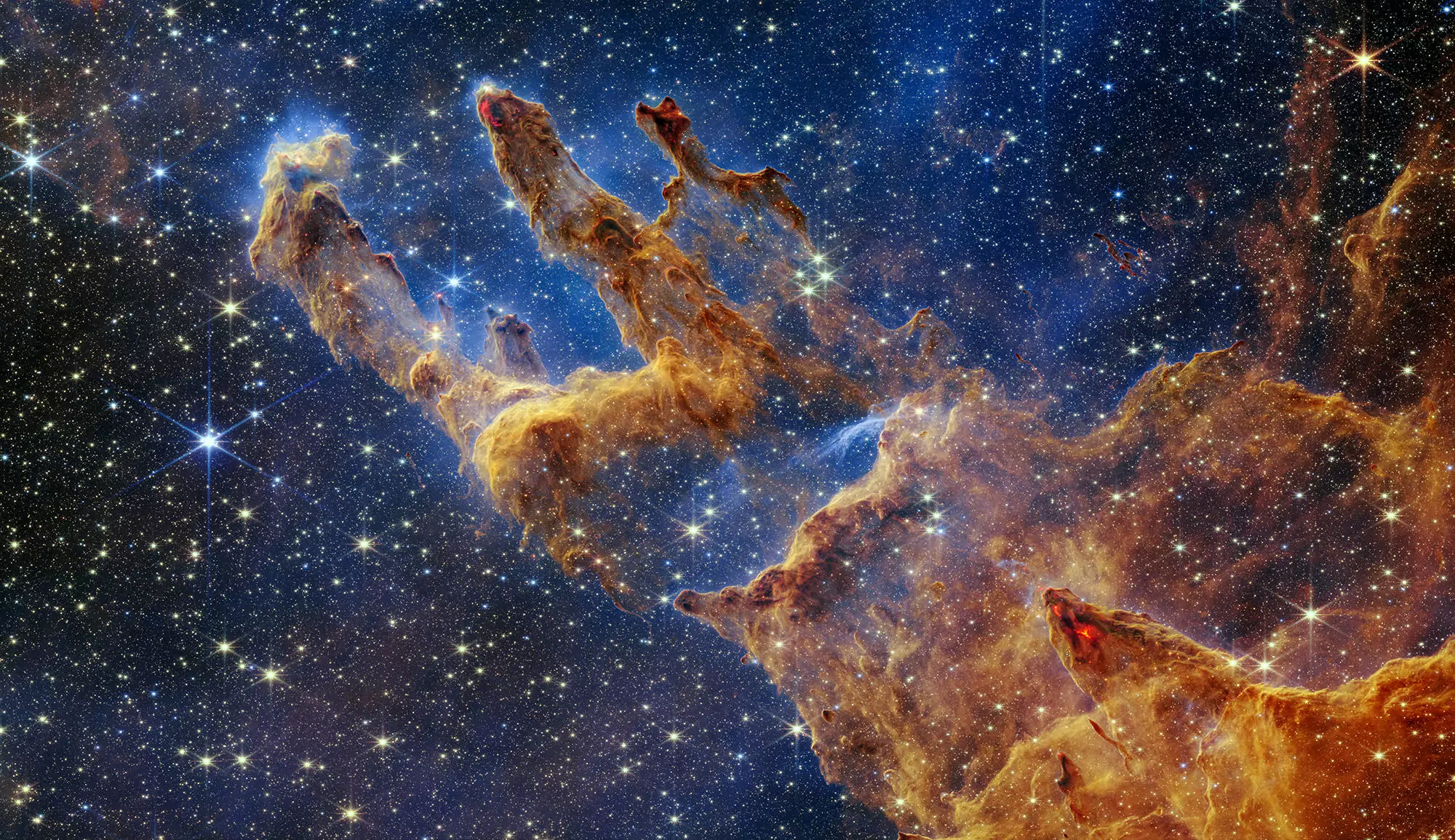
2007
Page 1 - résultats 1 à 10

Lancement d’une expérience astrobiologique avec Columbus
La navette spatiale Atlantis, lancée le 7 Février 2008 du Kennedy Space Center de la NASA à Cape Canaveral, apporte le module Columbus de l’ESA à la...

Condensation de filaments dans les amas de galaxies
Comment le gaz chaud dans les amas de galaxies (de température supérieure à 100 millions de degrés) peut-il se refroidir et couler au centre de l’amas,...

COROT : 300 jours en orbite déjà très fructueux
Le satellite CoRoT (Convection, Rotation des étoiles et Transits des planètes extrasolaires) fête ses 300 jours en orbite, depuis son lancement du...

Premiers résultats de Venus Express
Les premiers résultats scientifiques de la mission Venus Express de l’Agence Spatiale Européenne (ESA) viennent d’être publiés (Nature, 29 novembre 2007). En...

Les nébuleuses « récalcitrantes » — Quand les champs magnétiques fossiles protègent l’hélium 3 des étoiles mourantes
Elles semblent préserver une substance que leurs consoeurs détruisent au cours de leur vie. Ce sont des nébuleuses planétaires rares, comme NGC 3242 et J...

L’énigme de la période radio variable de Saturne
Les émissions radio aurorales des planètes géantes servent normalement à estimer leur vitesse de rotation interne. Mais dans le cas de Saturne, ces...

De rares naines blanches avec des atmosphères de carbone
Une équipe d’astronomes, dont une scientifique de l’Observatoire de Paris, a découvert des naines blanches avec une atmosphère principalement...

Qu’est-il arrivé à la comète 17P/Holmes ?
Le 24 octobre 2007, l’éclat de la comète 17P/Holmes a brutalement été multiplié par un million. Des observations faites à l’Observatoire du Pic-du-Midi et...

Cosmic Vision 2015-2025
L’Agence Spatiale Européenne (ESA) vient de rendre publique la sélection des 6 programmes scientifiques pour lesquels une phase d’étude (assessment study)...

L’asymétrie des raies du lithium jette un doute sur les déterminations antérieures du rapport isotopique 6Li/7Li
Une équipe d’astronomes, conduite par un chercheur de l’Observatoire de Paris, remet en question les travaux antérieurs sur les mesures du rapport 6Li/7Li,...